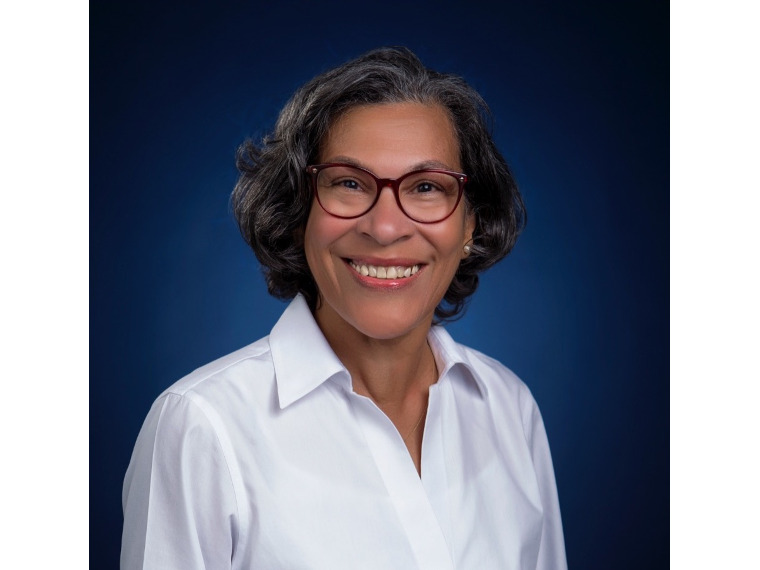Written by Tanya Terry
Her journey started with a quest for finding a fugitive slave narrative about her great-great grandfather that was published in a book in the 1800s in order to verify the oral history she learned as a child about his escape from slavery. She learned about an individual who had traveled through Canada interviewing escaped Blacks about their experiences in life. Rozlyn Kelly’s great-great grandfather’s story was in the book that individual wrote.
Kelly is an attorney with over 20 years of genealogical research experience focused on African American ancestry in Michigan, Canada, Southern Illinois, Kentucky and Washington, D.C. She is currently president of the Farmington Genealogical Society and also serves on the executive board of the Michigan Genealogical Council, as president.
Kelly was contacted by the Genesee District Library after offering a presentation in other library communities and asked to provide the presentation for area residents at the Genesee District Library.
“It was important for me to offer this presentation because I want to make sure we understand the importance of African American family research,” Kelly said. “I want people to know that it can be done despite our history of slavery and being considered property.”
“Finding Black Ancestors” will be offered at the Genesee District Library headquarters for the first time it has ever been offered there at 5 p.m. November 9.
The presentation discusses the unique challenges of African American genealogical research, sharing some of the relevant history and resources available to research. Some of these challenges exist because African Americans were not enumerated by name in the census until 1870 because they were considered property. Therefore, Kelly said there is a myth that individuals conducting African American genealogical research cannot go back further than that. Still, she adds, there are other records they may have been named in, such as owner’s wills in which they mention their slaves as their property. There are also church records, despite a lack of birth or death certificates and other records.
“The Catholic church recorded births and deaths of enslaved people if they worshipped in the Catholic church,” Kelly pointed out.
Also, if a person’s ancestor was not enslaved, they can be found in census records.
The presentation includes a case study of researching freedom seekers (Underground Railroad), free blacks and enslaved persons.
Kelly focuses heavily on the 1850 Fugitive Slave Act, which caused many Blacks to flee to Canada, and the fact that during the Civil War Blacks got word of where the union soldiers were camped and fled there for protection. She also stresses individuals need to find the documents and records to support research.
Kelly hopes not only that African American people explore their family history, but that anyone who comes across information relevant to African American history will share it.
To register for “Finding Black Ancestors,” visit https://www.thegdl.org/event/finding-black-ancestors/.


